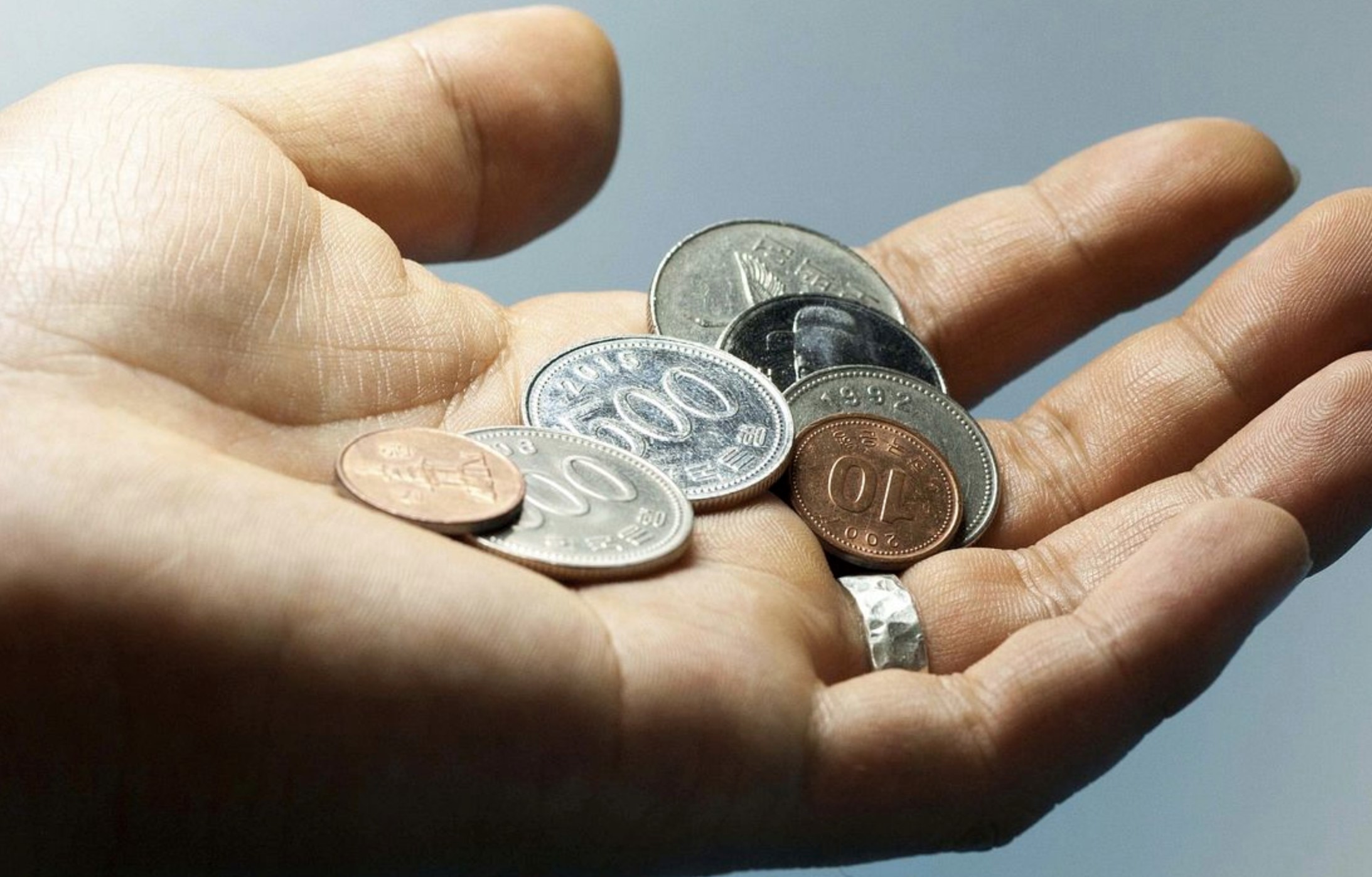In the Philippines, failing to pay debts has significant consequences that affect individuals, communities, and the economy. This issue is especially complex given the country’s diverse cultural and socioeconomic landscape. Missing payments can lead to broader problems beyond personal financial stress, impacting societal trust and economic stability. Understanding these effects is crucial for maintaining financial responsibility within the community.
Consequences and Impact of Non-Payment of Loans
In the realm of financial obligations, failing to meet loan repayment obligations can set forth a cascade of economic repercussions:
| Dire Financial Consequences | Financial penalties, accrued interest, and potential legal actions are among the dire financial repercussions individuals face upon defaulting on loans. |
| Social Stigma and Reputation Damage | Defaulting on loans often leads to social ostracization and tarnished reputations, affecting individuals’ standing within their communities and professional circles. |
| Implications on Credit Rating | Defaulted loans can significantly impair one’s credit rating, hindering future borrowing opportunities and access to financial services. |
| Legal Ramifications | The legal implications of loan default can range from civil suits to potential criminal charges, subjecting defaulters to a spectrum of legal proceedings. |
| Psychological Impact | The stress and anxiety associated with defaulting on loans can have profound psychological effects, impacting individuals’ mental well-being and overall quality of life. |
Impact of Non-Payment of Loans on Credit Score
Consequences for Credit History:
- Diminished ability to obtain future credit
- Reduced financial credibility
- Lowered trustworthiness in financial transactions
Implications for Financial Standing:
- Decrease in creditworthiness
- Damage to financial reputation
- Compromised access to financial services
Impact on Borrowing Capacity:
- Limitations on loan approvals
- Restricted access to favorable interest rates
- Increased likelihood of loan rejections
Hindered Access to Future Financial Opportunities
Non-payment of financial obligations can profoundly obstruct individuals’ pathways to forthcoming monetary prospects. This obstruction manifests in various forms, impeding access to a spectrum of future financial opportunities and engendering a cycle of constrained economic mobility.
| 1. Limited Credit Accessibility | The failure to honor loan commitments diminishes one’s creditworthiness, curtailing access to future credit facilities and inhibiting the realization of entrepreneurial endeavors. |
| 2. Stifled Investment Prospects | Restricted access to capital due to defaulted loans constrains individuals from engaging in lucrative investments, stifling potential wealth accumulation and economic growth. |
| 3. Constricted Financial Flexibility | Non-payment of loans limits financial flexibility, curtailing the ability to seize emergent opportunities and adapt to evolving economic circumstances, perpetuating a cycle of financial stagnation. |
| 4. Impaired Asset Acquisition | Defaulting on loans impairs the capacity to acquire assets such as homes or vehicles, thereby hindering the fulfillment of long-term financial aspirations and perpetuating socioeconomic disparities. |
Strain on Personal Relationships
Experiencing difficulties in meeting financial obligations can exert considerable pressure on interpersonal bonds, straining connections within familial, romantic, and social spheres. These challenges can manifest in various forms, causing tension, mistrust, and emotional distress among individuals involved.
| Financial Strain: | The burden of unpaid loans may lead to heightened stress levels within relationships, as partners or family members navigate the consequences of financial instability. |
| Communication Breakdown: | Difficulties in discussing financial matters openly due to embarrassment or fear of judgment can hinder effective communication, exacerbating existing tensions. |
| Trust Issues: | Instances of non-payment may erode trust between borrowers and lenders, as well as among individuals with shared financial responsibilities, fostering feelings of betrayal and resentment. |
| Emotional Struggles: | The emotional toll of financial strain can lead to heightened conflicts, emotional distance, and feelings of inadequacy or guilt, further straining interpersonal relationships. |
Legal Consequences of Non-payment of a Loan in the Philippines
Within the legal framework of the Philippines, failing to fulfill financial obligations incurred through borrowing can lead to a spectrum of legal implications. This section delves into the judicial consequences and legal pathways associated with non-repayment of borrowed funds.
- Judicial Pursuits: When borrowers default on loans, lenders may initiate legal proceedings to recover the outstanding amount. These pursuits can take various forms, including but not limited to litigation, arbitration, or out-of-court settlements.
- Debt Recovery Mechanisms: Philippine law provides mechanisms for creditors to reclaim debts through legal channels. These mechanisms may involve obtaining court orders to seize assets, garnish wages, or enforce repayment through other means.
- Impact on Credit History: Non-repayment of loans can tarnish one’s credit history, affecting future borrowing capabilities. Financial institutions often report delinquent accounts to credit bureaus, resulting in lowered credit scores and diminished access to credit facilities.
- Statutory Consequences: Philippine statutes outline penalties for defaulting on loans, which may include fines, penalties, or other punitive measures. These statutory consequences aim to deter borrowers from defaulting on their financial obligations.
- Legal Recourse for Borrowers: While lenders have legal avenues to pursue defaulted loans, borrowers also have rights and legal protections. Philippine laws encompass provisions for borrowers facing financial difficulties, including debt restructuring, bankruptcy proceedings, or consumer protection laws.
Civil and Criminal Penalties
Legal ramifications await those who fail to meet their financial obligations in the Philippine context. Both civil and criminal repercussions loom over individuals who default on their loans within the jurisdiction.
Civil Penalties: When borrowers neglect their repayment duties, they face civil sanctions such as fines, asset seizures, or court-ordered repayment plans. These penalties are enforced through legal channels and aim to restore financial integrity while compensating creditors for their losses.
- Failure to fulfill loan obligations may lead to dire financial consequences, resulting in individuals being subject to civil measures designed to rectify the breach of contract.
Criminal Penalties: In severe cases of loan default, borrowers may face criminal charges, potentially leading to imprisonment. The legal system reserves criminal penalties for instances of deliberate fraud or egregious negligence, aiming to deter malicious or irresponsible financial behavior.
- Individuals who intentionally evade loan repayment commitments may find themselves entangled in criminal proceedings, facing incarceration as a consequence of their actions.
Potential Asset Seizures and Legal Proceedings
In delving into the realm of financial obligations in the Philippine context, it becomes imperative to explore the ramifications of defaulting on loan repayments. This section navigates the terrain of possible outcomes stemming from non-adherence to loan agreements, shedding light on the avenues through which lenders may pursue recourse.
Asset Seizures: When borrowers fail to meet their repayment obligations, lenders may resort to legal actions aimed at seizing assets held as collateral. Such measures are enacted to mitigate financial losses incurred by lenders due to defaulted loans. In this scenario, assets pledged as security may be subject to confiscation as part of the debt recovery process.
Legal Proceedings: Non-payment of loans can lead to the initiation of legal proceedings against defaulting borrowers. These proceedings may involve court hearings wherein lenders seek judgments to enforce repayment or pursue alternative forms of recourse. Legal actions may encompass debt collection measures, such as garnishment of wages or bank accounts, to compel borrowers to fulfill their financial obligations.
Debt Collection Practices and Regulations
In the domain of loan repayment repercussions within the Philippines, it’s crucial to delve into the intricacies of debt collection practices and regulations. This section elucidates the methodologies employed and the legal framework dictating the processes associated with reclaiming unsettled debts.
One facet worthy of scrutiny is the manifold strategies utilized by creditors to recuperate outstanding debts. These approaches encompass a spectrum of actions, ranging from amicable reminders to more stringent measures, each governed by regulatory statutes.
- Adherence to prescribed guidelines ensures that debt collection remains within the bounds of legality and ethicality.
- Moreover, understanding the parameters delineated by regulatory bodies aids in comprehending the rights and responsibilities of both debtors and creditors.
- Transparency in debt collection procedures fosters trust and accountability within the financial ecosystem, safeguarding the interests of all stakeholders.
Furthermore, elucidating the nuances of debt collection regulations provides clarity on the recourse available to debtors in case of unjust or coercive practices. Awareness of legal protections empowers individuals to assert their rights and seek recourse in the event of malfeasance.
What are the consequences of not paying loans in the Philippines?
In the Philippines, not paying loans can lead to serious consequences, including legal actions such as lawsuits, asset seizures, and damage to credit scores. Defaulting on loans can also result in difficulty obtaining future credit, higher interest rates, and limited financial opportunities.
How does non-payment of loans affect individuals’ creditworthiness in the Philippines?
Non-payment of loans negatively impacts individuals’ creditworthiness in the Philippines by lowering their credit scores. This can make it challenging to secure loans or credit cards in the future, and even if they do, they may face higher interest rates and stricter terms.
What legal actions can lenders take against borrowers who fail to repay loans in the Philippines?
Lenders in the Philippines can take various legal actions against borrowers who fail to repay loans, including filing lawsuits, obtaining court judgments, and initiating asset seizures. These measures aim to recover the outstanding debt and may result in additional financial burdens and legal consequences for the borrower.
Are there any alternative solutions or support systems available for individuals struggling to repay loans in the Philippines?
Yes, there are alternative solutions and support systems available for individuals struggling to repay loans in the Philippines. These may include debt restructuring programs, financial counseling services, and loan consolidation options provided by banks, government agencies, or non-profit organizations. It’s important for borrowers facing financial difficulties to explore these options and seek assistance proactively.




Leave a Reply